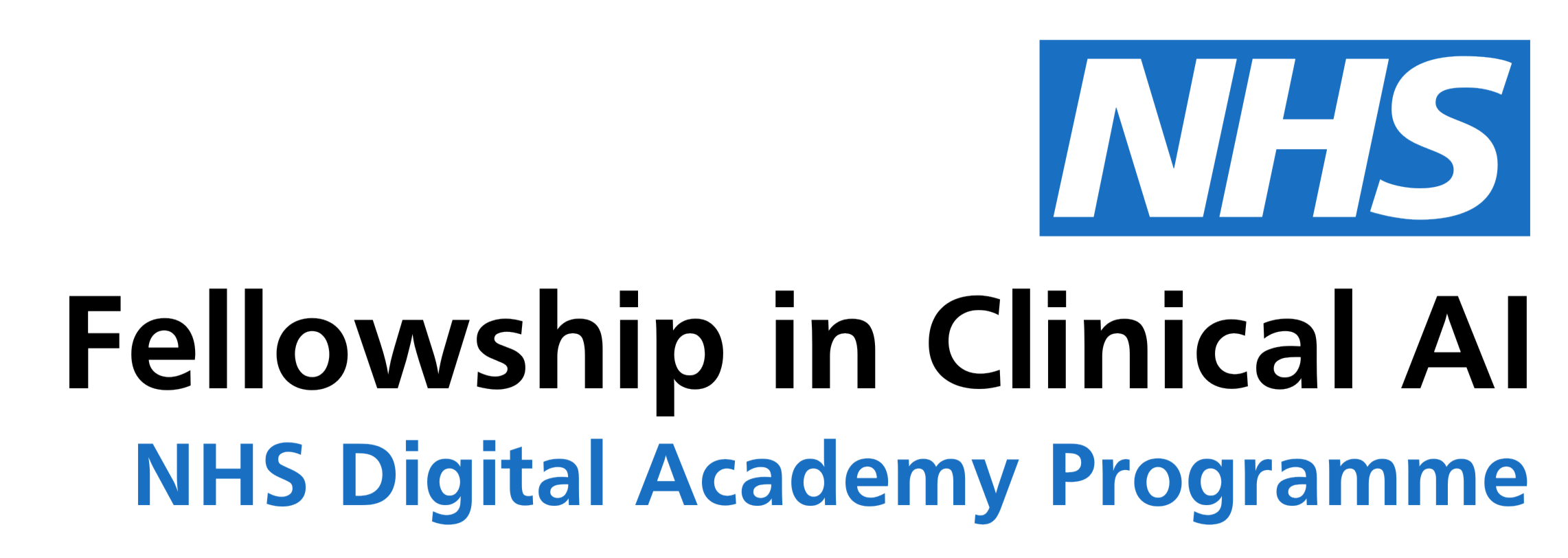
Akriti Nanda
Fellow in Clinical AI, Cohort 3
Fellowship Bio
I’m a General Surgical Registrar in South London, planning a career in oncoplastic breast surgery. My interests lie in evidence-based surgery and using data to drive efficiency in the NHS – and now, in how well thought out use of AI can impact these areas.
Fellowship Project
Clinical Deployment of Artificial Intelligence Autosegmentation (Limbus AI) in a Radiotherapy Imaging Workflow
University College London Hospitals NHS Foundation Trust
This project focused on implementing Limbus AI (an autocontouring tool used in radiotherapy planning) across all treatment sites, including paediatrics, at UCLH. The goals were to reduce the time clinicians spent on manual contouring, help ensure this work could be done during normal hours rather than late into the evening, and ultimately shorten the patient treatment pathway. My role involved coordinating regular feedback rounds with clinicians, evaluating contours using metrics like Dice coefficients and Hausdorff distances, and contributing to the clinical validation of the AI’s performance. I also led stakeholder communications, authored the business case for sustained implementation, and chaired fortnightly project meetings. I’m currently working on evaluating the treatment plans generated from AI contours compared to traditional methods. Key milestones included successful implementation across every radiotherapy site, including paediatrics, collating and presenting clinician feedback and assessing time savings for the business case—making this a real-world NHS AI success story. Next steps include preparing for a version upgrade (to Limbus v1.8) and creating a robust handover document for the physics and radiotherapy teams to continue the work sustainably. A crucial element of the project’s success has been embedding within a multi-disciplinary team within the department to ensure long-term impact beyond the life of the fellowship.
Fellowship Testimonial
This fellowship has been transformative. One of the biggest lessons I’ve learned is that successful AI projects in healthcare hinge on teamwork. At UCLH, I was lucky to work with an established and engaged group of oncologists, physicists, and radiotherapy radiographers. My role was often to act as a bridge - bringing together busy clinicians and technical experts to ensure the tool met clinical needs without disrupting workflows. Clinicians need to be involved in AI implementation, but they can’t do it alone. We simply don’t have the bandwidth to run these projects end-to-end. A single person working full time can’t be in every department at once - what’s more effective is having many people contribute small amounts of time across the system. That’s what we achieved here, and it’s what makes this sustainable. Implementing AI in the NHS is like running a railway - success doesn’t come from one central hub, but from staff at every station who understand the route and keep things on track. I loved working across disciplines and gained a deep appreciation for the role radiotherapy plays in cancer care. As a surgeon, this opened my eyes to the inner workings if another area of oncology. I have also upskilled in coding and AI research methodology, applying these to evaluate AI algorithm performance. Thanks to the fellowship, I’ve made key contacts that are now enabling my next step: launching a PhD using AI to improve breast cancer surgery re-excision rates. This fellowship didn’t just give me knowledge - it gave me the network, the time and resources to upskill myself and the confidence and passion to lead future AI implementation in the NHS.


